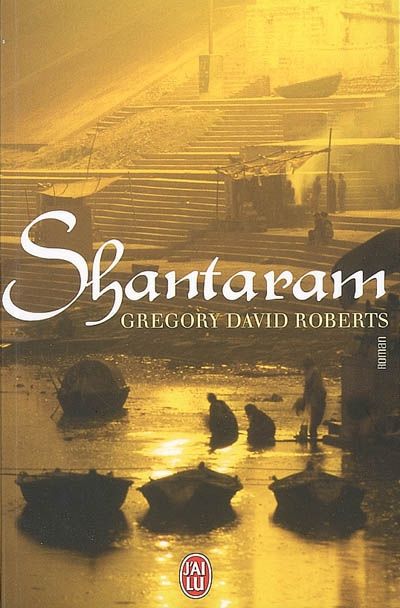


Then Midhat accidentally discovers, to his horror, that Molineu has a scholarly interest in him, has in fact taken him into his house as a sort of human guinea pig, to see how a young Muslim might assimilate to European civilization. Puzzling French words are left untranslated, for Midhat and for us, while he himself speaks with “the accidental definiteness of a person using a second language.” Uncanny reminders of Nablus (“the two mountains, the stone buildings, the small streets”) merely augment his sense of estrangement. Every piece of furniture (“the shining black hip of a piano,” “the lip of the carpet that ran up the stairs”) harbors an animistic twinge of the foreign. Midhat experiences Montpellier with wary intensity. Motherless from the age of 2, Midhat is eager to please his emotionally distant father, who has remarried and moved much of his business to Cairo. His father, a rich textile merchant, wants to shield his 19-year-old firstborn from conscription in the Turkish Army. Educated in a French-inspired private school in Constantinople, Midhat is sent to Montpellier to study medicine. Midhat Kamal is a Parisian only in the limited sense that Henry James called his deracinated Americans “Europeans.” He is a native of Nablus, the ancient city (now in the Israeli-occupied West Bank) nestled between mountains 30 miles north of Jerusalem and mired in the Ottoman Empire in October 1914, when the novel opens. Set in France and a deftly delineated Palestine, from the outbreak of World War I to the escalating violence amid the Arab general strike of 1936, “The Parisian” has an up-close immediacy and stylistic panache (a laugh is “the drawbridge to weeping,” a garden is “berserk with weeds”) that are all the more impressive coming from a London-born writer still in her 20s. “Time was a treacherous distance,” Isabella Hammad writes in her dazzling debut novel, “and it would not be crossed but through the dangerous substitutions of the imagination.” Perilous journeys in time and space form the crisscross weave of “The Parisian,” a deeply imagined historical novel with none of the usual cobwebs of the genre.


 0 kommentar(er)
0 kommentar(er)
